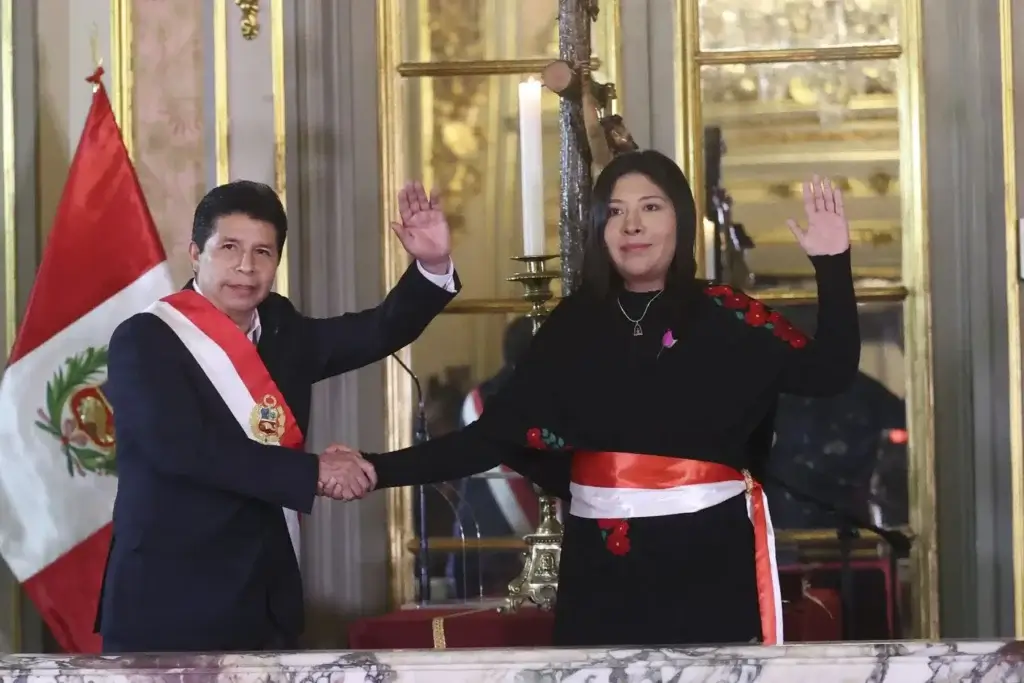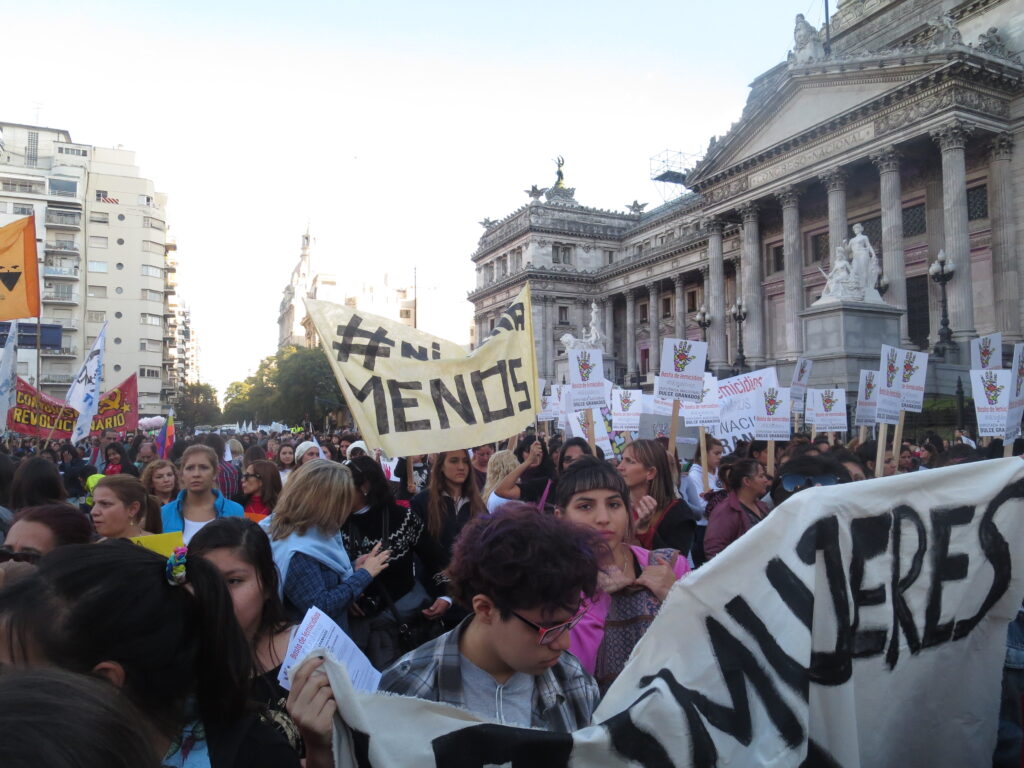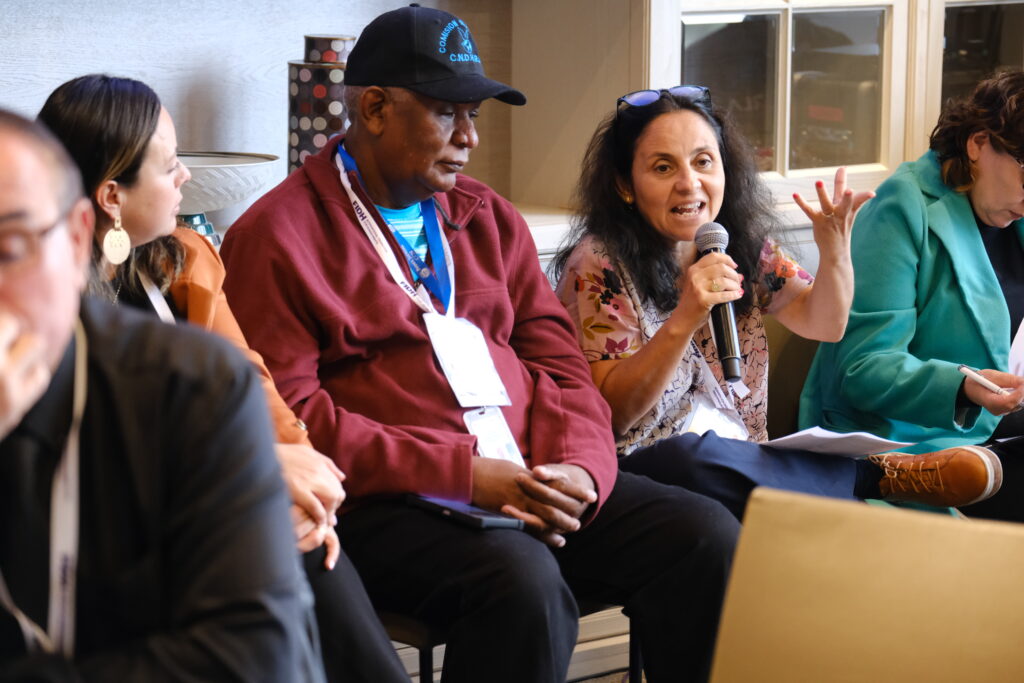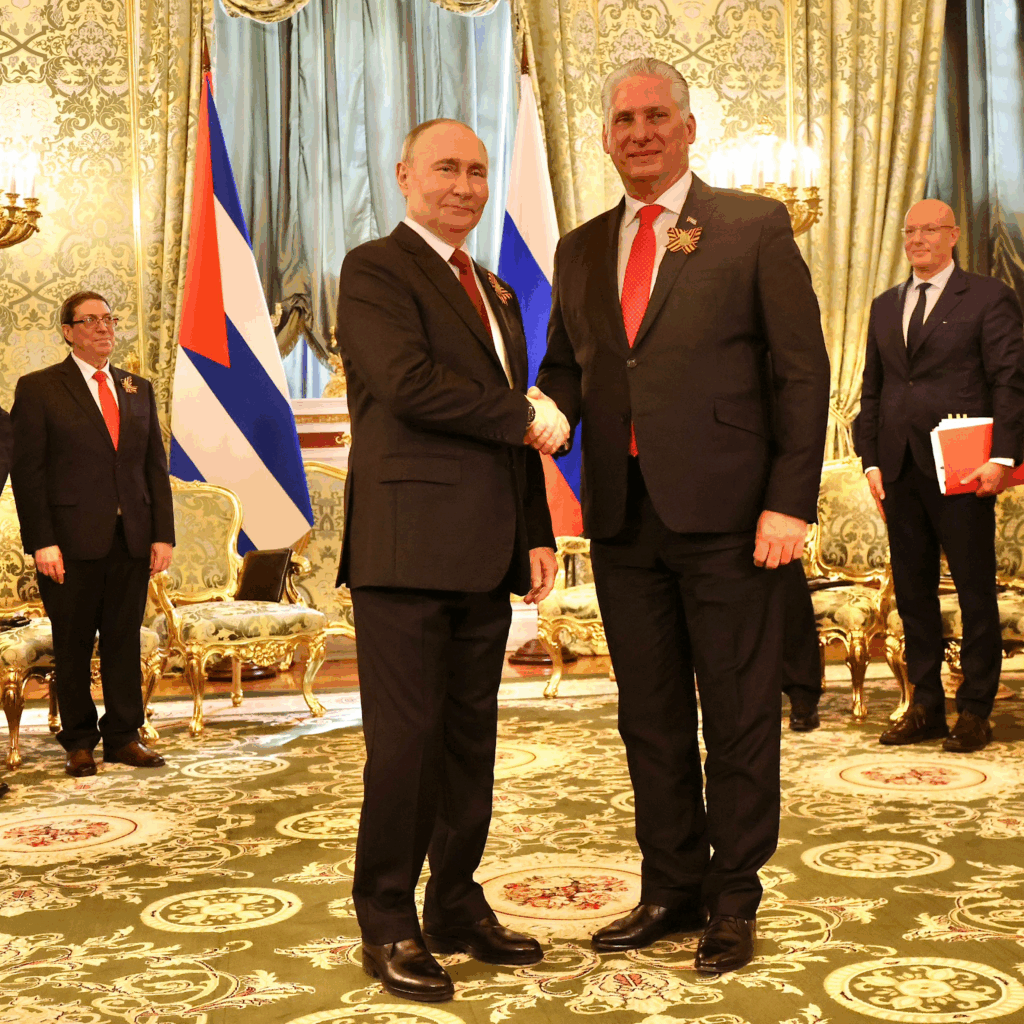A dramatic rupture in relations has occurred between Peru and Mexico, triggered by Mexico’s decision to grant political asylum to former Peruvian Prime Minister Betssy Chávez. The move, deemed a blatant interference in Peruvian affairs, has led Peru to sever diplomatic ties with its North American neighbor.
Foreign Minister Hugo de Zela announced the severance, emphasizing Peru’s stance against what it considers repeated and unfriendly acts of interference. The Peruvian Foreign Ministry stated the decision stems from Mexico offering asylum to an individual facing criminal prosecution for serious offenses.
Mexico swiftly defended its actions, expressing regret over Peru’s response. President Claudia Sheinbaum characterized Lima’s move as disproportionate, asserting that Mexico acted in full compliance with international law and its long-held tradition of providing humanitarian asylum.

Chávez faces a potential 25-year prison sentence on charges of rebellion, stemming from allegations of her involvement in former President Pedro Castillo’s attempt to dissolve Congress in December 2022. Prosecutors claim she was aware of and participated in the failed power grab that ultimately led to Castillo’s removal.
Prior to seeking asylum, Chávez repeatedly missed court appearances, citing health concerns. However, the court questioned the validity of her medical documentation and threatened to compel her attendance, potentially through arrest. It was before this could happen that she sought refuge within the Mexican Embassy in Lima.
Legal experts point to the 1954 Caracas Convention, binding both nations, which grants the asylum-granting state – in this case, Mexico – the authority to determine the legitimacy of the offense and the grounds for persecution. The convention’s Article IV explicitly states that the qualification of the offense rests solely with Mexico.

The Mexican Embassy itself, while located within Peru, enjoys diplomatic immunity, shielding Chávez from arrest by Peruvian authorities. This principle was recently highlighted by a controversial incident in Ecuador, where police forcibly entered the Mexican Embassy in Quito to apprehend another individual granted asylum, a clear violation of international law.
Should Mexico formally grant Chávez asylum, Peru is obligated to issue a safe-conduct pass, guaranteeing her safe passage to Mexico without fear of arrest within Peruvian territory, as outlined in Article XII of the Caracas Convention. This obligation adds another layer of complexity to the escalating crisis.
This diplomatic breakdown represents the most severe strain in relations between Peru and Mexico in decades. Both countries have suspended embassy operations, leaving commercial and consular ties in a state of uncertainty. The future of these relationships hangs in the balance.
Currently, Chávez remains sheltered within the Mexican Embassy in Lima, awaiting the finalization of her asylum request and Peru’s decision regarding her departure. The situation remains tense, with both nations firmly entrenched in their positions.
This isn’t the first time the Mexican Embassy in Lima has been at the center of diplomatic friction. In December 2022, it provided refuge to the wife and children of Pedro Castillo following his attempted coup, ultimately granting them asylum and facilitating their relocation to Mexico – an action that previously triggered a bilateral crisis and the recall of Peru’s ambassador.



